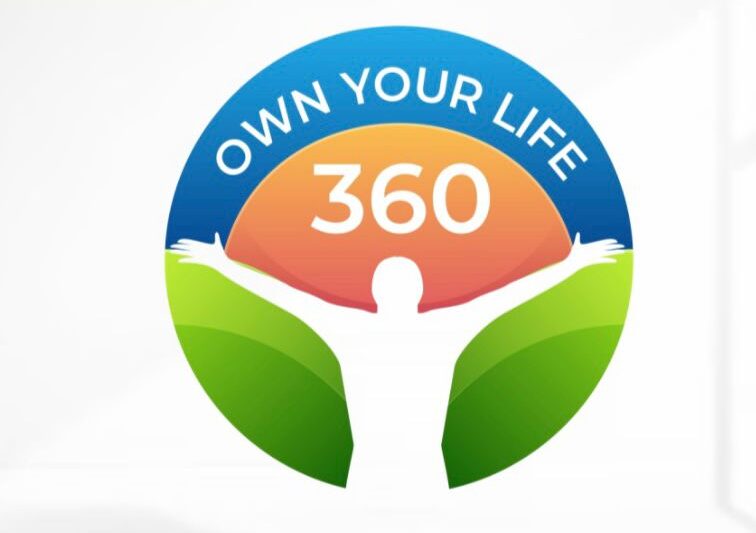When you think of career transformation, you might envision learning new skills, getting certifications, or building networks. But one of the most overlooked, yet game-changing strategies is developing self-awareness.
Self-awareness is your ability to recognize your emotions, thoughts, and behaviors and understand how they affect your career choices, relationships, and performance at work. In this guide, we’re going to skip the fluff and dive into real, actionable steps you can take to use self-awareness as a tool for career growth.
Let’s get into the nitty-gritty of how self-awareness can be harnessed to boost your professional life—and how you can start implementing it today.
1. Assess Your Work Habits and Productivity: A 7-Day Audit
Start by assessing how productive you really are. You might think you’re working efficiently, but without self-awareness, you could be stuck in bad habits that are costing you time and energy.
Practical Exercise: The 7-Day Work Audit
- Track your time:
For the next week, track everything you do at work. Use tools like RescueTime, Toggl, or even a simple spreadsheet to log the tasks you’re working on, how long they take, and any distractions. - Identify patterns:
At the end of the week, review your logs. What are you spending the most time on? Are there tasks that are consistently eating up more time than they should? Are distractions like social media derailing your productivity? - Set micro-goals for improvement:
Once you’ve identified patterns, set small, specific goals to improve. For example:- If you waste 1 hour daily browsing the internet, set a 15-minute time limit for that activity.
- If emails take up your mornings, schedule dedicated blocks for checking them (e.g., 11am and 4pm).
Outcome:
At the end of the week, you’ll have clear insights into how you spend your time and simple steps to maximize productivity.
2. Develop Emotional Self-Awareness: The “Trigger Tracker” Method
Emotions influence your decisions, interactions, and how you respond to stress at work. If you don’t have emotional self-awareness, you might find yourself reacting impulsively or feeling constantly overwhelmed.
Practical Exercise: The Trigger Tracker
- Set up a “Trigger Tracker” notebook or app:
Every time you experience a strong emotional response (e.g., frustration in a meeting, anxiety before a presentation), note the situation down. Be specific about the trigger, how you felt, and how you reacted. - Look for emotional patterns:
After a week, review your log. Do certain situations (like tight deadlines or critical feedback) always cause anxiety or frustration? Are your reactions helping or hurting your professional relationships? - Create an action plan:
Use this awareness to manage your emotions better. If presentations make you anxious, practice mindfulness or deep breathing techniques before and during these situations. If feedback makes you defensive, work on receiving it with a mindset of learning rather than judgment.
Outcome:
After a few weeks of tracking your emotional triggers, you’ll start reacting more thoughtfully rather than impulsively, which will improve your workplace relationships and decision-making.
3. Align Your Career with Your Core Values: The “3-Why” Technique
If you’re stuck in a job that doesn’t excite or fulfill you, it’s likely because it’s misaligned with your core values. Self-awareness helps you pinpoint what truly matters to you in your career and make decisions that align with these values.
Practical Exercise: The “3-Why” Technique
- Identify one decision or goal in your career:
For example, maybe you’re thinking about accepting a promotion or changing industries. Write down your goal or decision. - Ask yourself “Why?” three times:
This helps you dig into the core reasons behind your decisions. Example:- Why do I want this promotion? “Because it’s more responsibility and pay.”
- Why do I want more responsibility and pay? “Because I want to feel more challenged and secure financially.”
- Why do I want more challenge and security? “Because I value growth and want financial freedom for my family.”
- Review your core values:
Look at your responses to the “3-Why” process. Does this decision or goal truly align with what matters to you? If not, reconsider or adjust your approach to align better with your personal values.
Outcome:
You’ll start making career choices that are not only strategic but deeply satisfying because they align with what truly drives you.
4. Boost Your Professional Relationships with Radical Feedback
Career growth doesn’t happen in isolation. Self-awareness also means being aware of how others perceive you at work. Regular feedback can open your eyes to areas where you’re excelling—and where you might need to improve.
Practical Exercise: Radical Feedback Request
- Choose three colleagues:
Pick a mix of teammates, supervisors, or even clients who interact with you regularly. - Ask for honest feedback in three areas:
- Your communication style (Are you clear? Overly aggressive? Too passive?)
- Your collaboration (Are you a team player? Do you help others succeed?)
- Your strengths and blind spots (What are you great at? Where can you improve?)
- Implement the feedback:
Don’t just listen—act on it. If a colleague says you tend to cut people off in meetings, practice active listening. If your supervisor mentions that you excel under pressure, look for more high-stakes projects where you can shine.
Outcome:
Within a month of consistently applying feedback, you’ll notice stronger relationships, better teamwork, and a more polished reputation in the workplace.
5. Set Career Micro-Goals Based on Self-Awareness
Career growth doesn’t have to mean huge leaps like switching jobs or getting promoted. Small, consistent changes can make a big impact over time. Use your self-awareness to set micro-goals that build up to larger career success.
Practical Exercise: Career Micro-Goal Tracker
- Identify three areas for improvement based on your self-awareness:
Maybe you’ve noticed that you’re always stressed before deadlines, or that your public speaking skills need work. - Set weekly micro-goals:
- If you struggle with deadlines, set a goal to break down your tasks and complete them 1 day early for the next 2 weeks.
- If public speaking is your weakness, set a goal to present in one meeting or participate in a Toastmasters event once this month.
- Track your progress and adjust:
Every Friday, review how you did on your micro-goals. Did you meet them? If not, why? Adjust your approach or set smaller, more manageable goals.
Outcome:
By setting and achieving these small goals, you’ll start seeing tangible career improvements without feeling overwhelmed by massive changes.
Conclusion: Self-Awareness Is the Key to Sustainable Career Growth
Self-awareness is not a buzzword—it’s a practical tool that can have a significant impact on your career. By implementing the exercises above, you’ll gain better control over your productivity, emotional intelligence, decision-making, relationships, and personal development.
Don’t just read this and move on. Take action on one exercise today. Whether it’s tracking your emotions or asking for feedback, you’ll start seeing immediate improvements in how you navigate your career.
Pro Tip:
Reflect on your progress regularly. Just like any skill, self-awareness gets stronger with consistent practice. Use these exercises as part of your long-term career development plan and watch your professional life transform.
By taking this hands-on approach, you’re not only sharing valuable knowledge but also guiding your readers through specific actions they can take to improve their careers starting today. This is exactly the kind of blog post that delivers immense value while staying practical.



